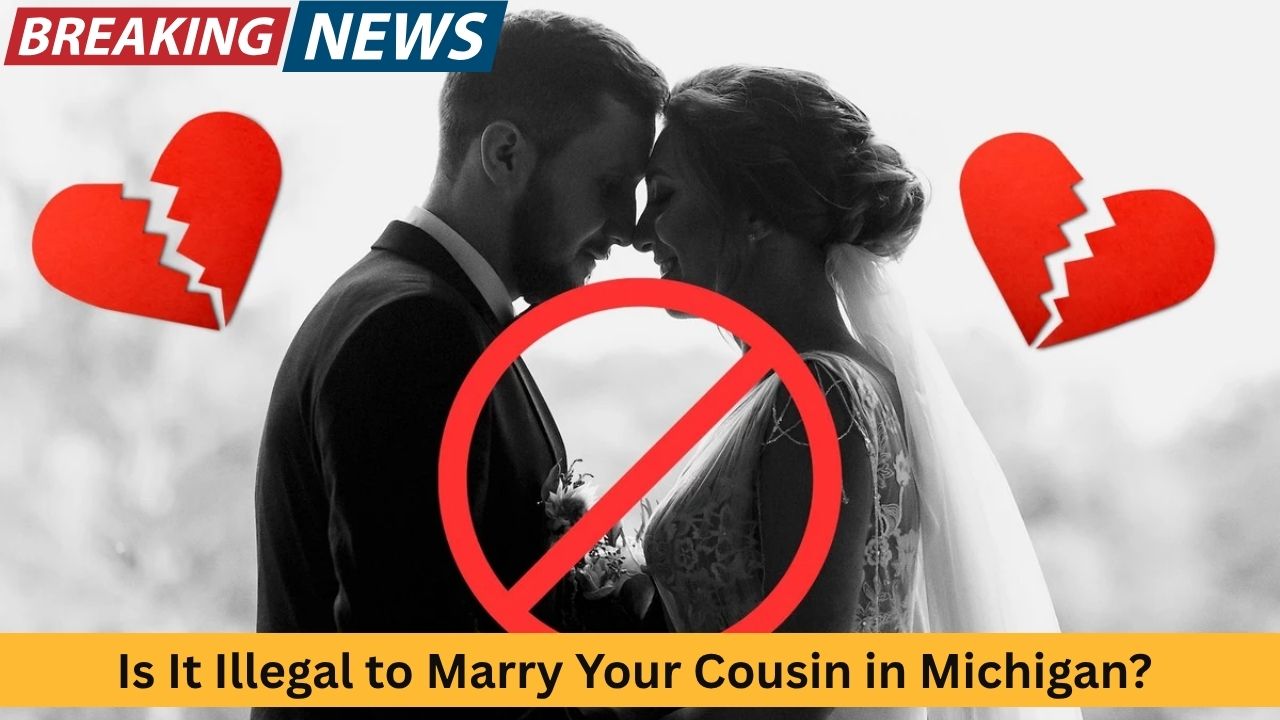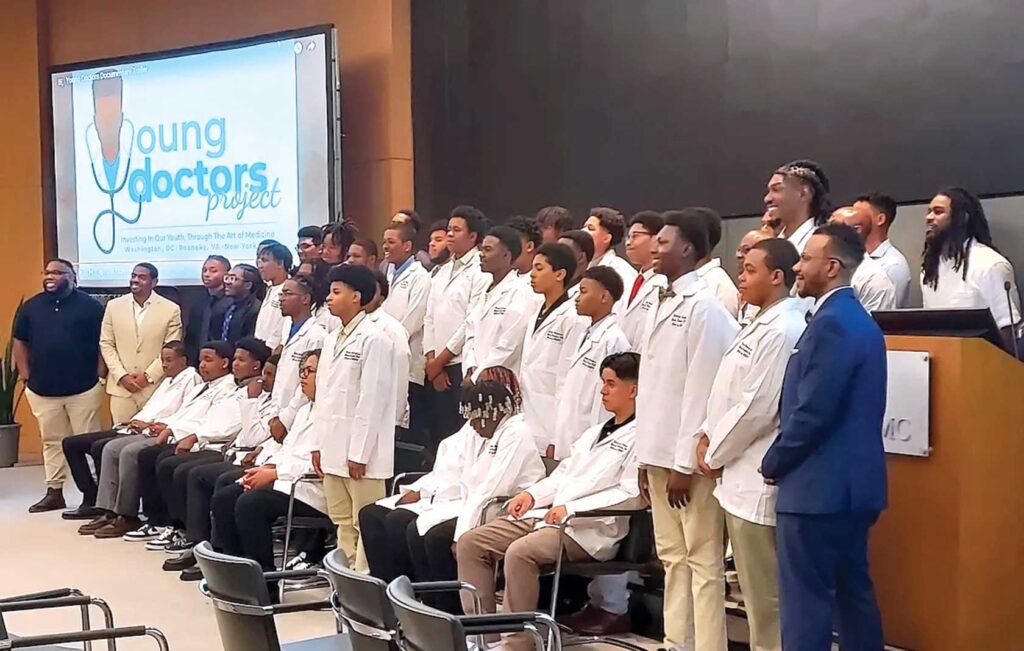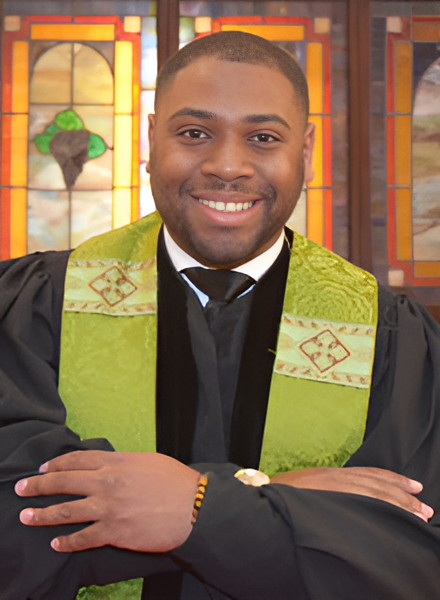In everyday conversations or at family gatherings, someone might drop an eyebrow‑raising question: “Can you marry your cousin in New Jersey?” It’s one of those inquiries that sounds like stereotypical drama but actually carries a surprising legal truth. In many movies and media, cousin marriage is treated as taboo—sometimes even illegal. Yet the reality is nuanced, varying widely across U.S. states and depending on the specifics of the relationship. In this detailed article, we’ll unravel New Jersey’s cousin‑marriage laws, examine historical and cultural backgrounds, compare policies across states, and explore statistics, local perspectives, and the broader impact on health and society.
Legal Landscape Across the United States
Marriage and incest laws are primarily governed at the state level, which is why legal standards differ dramatically across the country. In some states, marrying your first cousin is completely illegal. In others, restrictions apply only under special conditions—like requiring infertility proof or age limits. And a few make no restriction at all.
In New Jersey, cousin marriage is fully legal. That puts the state among a minority—roughly 18 of the 50—where first cousins can legally marry without extra requirements. Neighbor states like New York and Connecticut share this stance. Pennsylvania, just over the Delaware River from Camden or Philadelphia, forbids cousin marriage, demonstrating how legal lines can change right along the state border.
What New Jersey Law Specifies
New Jersey’s statutes lay out prohibited marriages based on close blood relations. A person cannot marry:
-
Their parent or child
-
Their grandparent or grandchild
-
Their sibling (whole or half)
-
An aunt, uncle, niece, or nephew
Noticeably absent from that list are cousins—first cousins, second cousins, or more distant relatives. Since sibling-in-law, parent-in-law, and similar roles are expressly disallowed, the exemption of cousins is intentional. That means an unmarried man and an unmarried woman who are first cousins can obtain a valid marriage license anywhere in New Jersey—from Newark to Trenton and down to Cape May.
Historical Context and Evolution
The legal landscape has changed significantly over time. In the late 19th and early 20th centuries, many states—including New Jersey initially—banned first cousin marriages, often citing moral arguments or flawed interpretations of genetics. But as states repealed or modernized their laws, New Jersey removed first cousin marriage from its prohibited list, at least for civil unions and marriage licenses.
By the 1970s, cousin marriage was considered incest in New Jersey, carrying criminal penalties. However, by 1979, that changed with the removal of incest as a crime in civil law—though sibling or parent‑child marriages remained void. Over time, lawmakers refined statutes to include gender‑neutral terminology, culminating in the current version that explicitly prohibits only the closest relatives.
How It Works in Practice
-
Marriage Licensing
Any two adults over age 18, not already married, can apply for a marriage license at their local registrar’s office—such as in Jersey City or Atlantic City. The application requires proof of age, ID, and prior marital status if applicable—none ask about familial relationship. Cousins face no additional paperwork, unlike siblings or parent‑child pairs, which are automatically rejected. -
Recognition Across States
If a couple marries in New Jersey, that marriage is valid even if they later move to a state with stricter rules. New Jersey recognizes only certain prohibited marriages as void; it does not impose a blanket ban, nor require genetic counseling. Thus, a legally married cousin couple remains married even if their chosen home prohibits such unions. -
Civil Unions and Same‑Sex Marriage
After New Jersey legalized same‑sex marriage, civil unions became defunct for new couples—but the prohibition list for civil unions once paralleled that for marriages, and still no restriction applied to cousins. Currently, as same‑sex marriage is fully legal, the laws apply equally, and cousins can marry regardless of gender.
Cities Where Cousin Marriage Is Legal
Newark
As New Jersey’s largest city, Newark follows state law strictly. Couples of any relation not specifically barred can marry. City marriage clerks in Salem Street location will likely give cousin couples the same documents as anyone else.
Trenton
The capital city issues licenses per Title 37—unrelated to family history unless too closely related (e.g., same siblings). Cousins are handled no differently, and ceremonies can proceed at any designated county facility.
Jersey City
Hudson County marriage setting is also free of cousin restrictions. Whether at City Hall or one of the local venues, staff focus on identity verification, prior marriage status, and age.
Camden to Cape May
Whether urban or vacation‑resort setting, city and municipal clerks are bound by state law that excludes cousins from prohibited-degree lists. No county adds local rules forbidding it.
Statistics and Cultural Insights
In New Jersey, cousin marriages are rare. Nationally, only about 0.2% of marriages are between first cousins—though among certain immigrant groups with cultural acceptance of consanguineous unions, rates can be higher. These include communities with roots in South Asia, the Middle East, or North Africa—many of whom live in Paterson, Edison, or portions of Bergen County.
Despite legality, cultural stigma remains in many mainstream American circles. Media portrayals, public opinion, and medical caution contribute to hesitance, even in places like Atlantic City or suburban towns. But acceptance within familial or religious communities keeps the practice alive on a small scale.
Health and Genetic Considerations
One major reason cousin marriage is contested relates to genetics. Offspring of first cousins have a somewhat increased risk—roughly 2–3% higher than the baseline—for congenital disabilities and recessive genetic conditions. While this risk is statistically higher, it’s still relatively modest—especially compared to other common hazards like teen pregnancy.
That’s why some states, like Maine, require genetic counseling; others like Illinois allow cousins to marry only under infertility conditions. New Jersey imposes no such requirement or limit, meaning couples can choose independently.
However, genetic counseling remains a prudent option. With advances in testing in cities like Princeton, south Jersey’s Voorhees, and Monmouth County, families can screen for shared recessive genes common in certain ethnic groups.
Arguments For and Against Cousin Marriage
Supporters argue:
-
Consenting adults should have autonomy in private matters.
-
Cultural and religious sensitivity—for communities with longstanding traditions of cousin unions.
-
The genetic risk is manageable and comparable to other accepted reproductive scenarios.
-
Legal consistency—if marriage among consenting adults is permitted, why bar cousins?
Critics argue:
-
Family dynamics can be complicated—already overlapping social ties could cause pressure or conflict.
-
Higher genetic risk still matters to some public health advocates.
-
Social stigma—coupons may face misunderstanding or subtle discrimination.
-
Slippery slope concerns—if first cousins are allowed, what about closer relations? (New Jersey law stops that.)
Cousin Marriage vs. Incest Laws
It’s vital to distinguish cousin marriage from incest. By legal definition, incest involves marriages or relationships between very close relatives—parents, siblings, aunts/uncles, nieces/nephews. New Jersey law prohibits those unequivocally and considers any marriage between them void, with no exceptions. Cousins, however, fall outside that threshold.
Medical Community and Counseling Options
Across New Jersey, genetic counselors in medical centers like Rutgers, Hackensack Meridian, and Cooper University Hospital offer screening programs. Counseling services evaluate risk based on both family history and ethnic background. A couple can assess factors such as:
-
Prevalence of recessive disorders in families
-
Genetic carrier tests for conditions like cystic fibrosis or thalassemia
-
Prenatal and preconception screening technologies
By law, New Jersey places no mandate for such counseling, but ethical and medical guidelines frequently recommend it.
FAQs About Cousin Marriage in New Jersey
Can second or more distant cousins marry?
Yes—if first cousins are allowed, further‑removed cousins face no legal barrier.
What about genetic testing requirements?
There’s no legal requirement for testing. Couples may choose it voluntarily but face no state mandate.
Can someone marry their cousin if they’re infertile or over a certain age?
No special conditions apply—these aren’t required in New Jersey.
Does a cousin marriage follow full recognition if the couple moves to another state?
Yes—it’s a valid marriage, and other states must legally recognize it due to full faith and credit clauses. Some states may have restrictions on issuance there, but they can’t retroactively void a marriage done legally elsewhere.
Could politicians change this law?
Absolutely—like Connecticut recently debated, state laws can be updated. New Jersey could, in theory, tighten or loosen restrictions anytime through legislative action.
Social Perspectives in Local Communities
-
In South Jersey, especially small towns with mixed ethnicities, cousin marriage is occasionally present but not mainstream. Attitudes vary from acceptance in close-knit family networks to quiet disapproval among outsiders.
-
In North Jersey cities like Paterson or Elizabeth, Muslim and South Asian communities may maintain cousin marriage traditions culturally, mirroring attitudes in New York or New Jersey suburbs.
-
Among younger generations—college students at Rutgers in New Brunswick or Montclair State—reactions range from indifference to firm rejection based on peer norms.
Legal and Ethical Comparisons Elsewhere
Nationally, the trend has been toward prohibition. Over the past two decades, states like Tennessee and Texas moved to ban cousin marriages. Maine still allows it with counseling; Arizona and Illinois allow it only for older or infertile couples. New Jersey stands in contrast, offering full legality with no caveats.
Internationally—as seen in parts of Southeast Asia, the Middle East, or North Africa—first cousin marriage is more common and culturally normalized; by contrast, Western Europe tends to forbid it. The United Kingdom still allows it legally but has had recent political conversations about prohibition.
Conclusion and Final Thoughts
So, is it illegal to marry your cousin in New Jersey? The answer is a clear no—it is legal, with no conditions attached. The state’s statutes identify only tightly defined prohibited relatives and cousins are not among them.
That places New Jersey in a unique category—unlike some prohibitionist neighbors, it allows cousin marriage under its legal system. Rare as it is, the practice carries cultural weight in some communities but remains a deeply private decision for consenting adults.
Couple considering cousin marriage in New Jersey benefit from understanding both the legal landscape and health considerations. With access to sophisticated medical testing and counseling, couples can responsibly choose this path. And though attitudes may vary—especially compared to other states—the state’s law is unequivocal: cousin marriage is permitted.
Closing Reflection
Marriage law reflects a blend of cultural norms, biology, ethics, and governance. New Jersey’s stance highlights that regulation varies widely—and while genetics and tradition may inform personal decisions, legality hinges on state definitions. For those who choose to marry their cousin in Newark, Princeton, or Atlantic City, the Garden State’s law is steadfast: their marriage is valid, recognized, and lawful.
















Leave a Reply